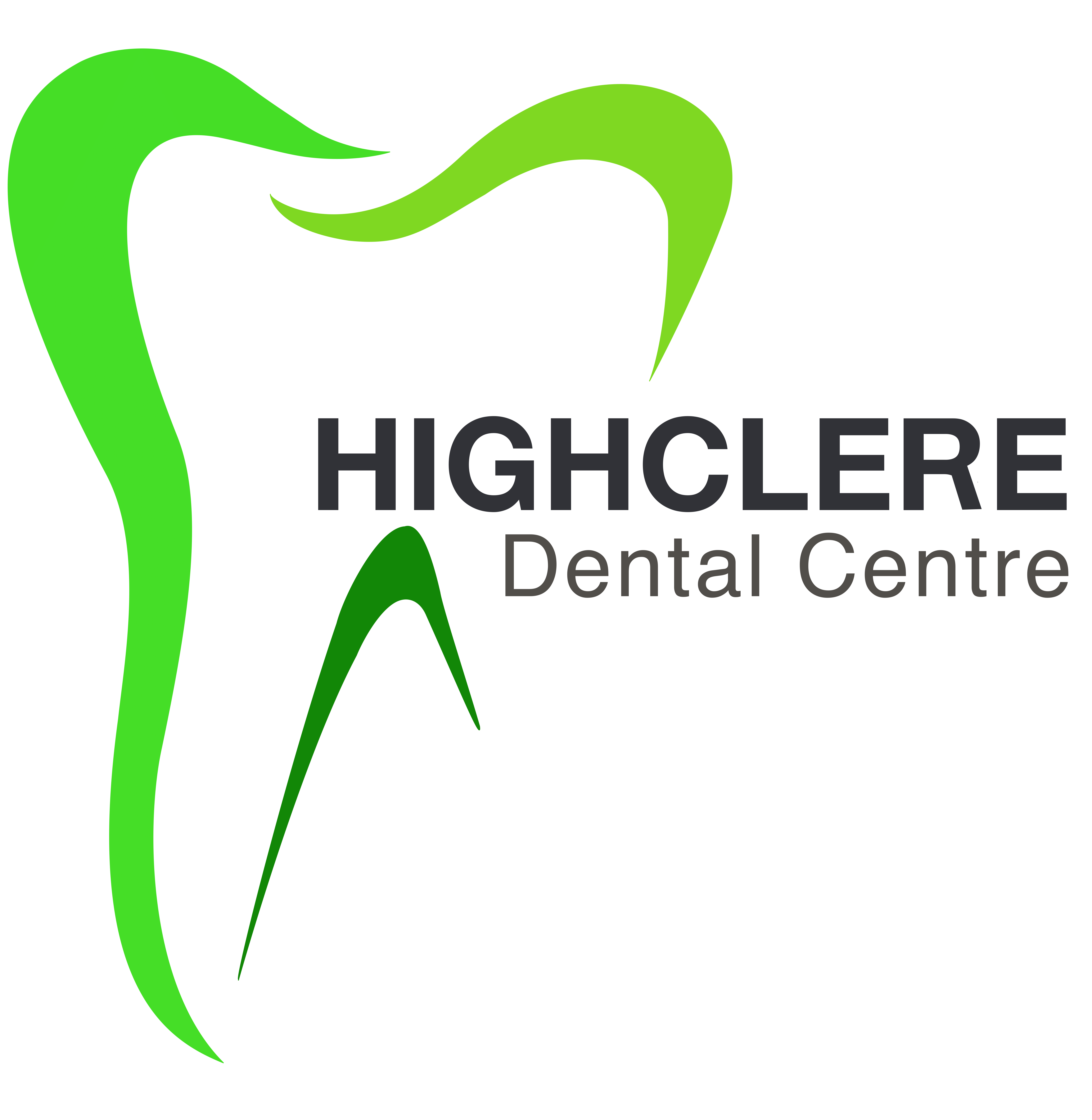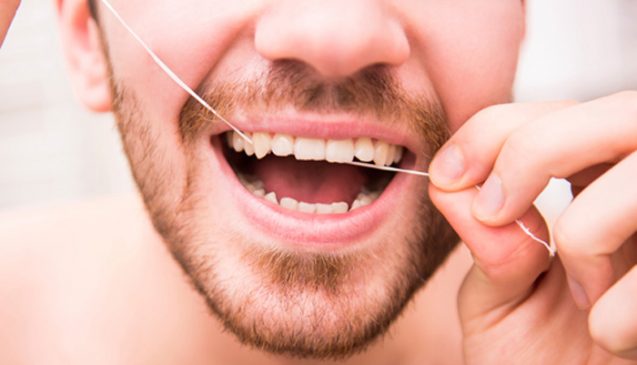Here’s something you may not know – nearly half the surface area of your teeth lies between them. Why that particular information is important is because if you’re solely relying on brushing you’re not cleaning a large portion of your teeth, which in turn can affect how healthy your teeth and gums are. By removing the plaque from between your teeth, you’re helping to prevent gum disease, tooth decay and halitosis, otherwise known as “bad breath”.
So flossing, or interdental cleaning as it’s officially known, is an essential part of caring for your teeth and gums, and not some kind of “nice to have” added extra.
It’s all in the technique
It’s one thing to make flossing a part of your dental health care routine, quite another to do it properly. Your dentist is the most qualified person to instruct you on flossing correctly but there are some basic tips you can follow:
Tip 1: Wind about 45cm of floss around your middle fingers and rest it across your thumbs and index fingers.
Tip 2: Always insert the floss gently using a gentle side-to- side motion to avoid traumatising the gums.
Tip 3: To clean the “neck” of the tooth, which is the point at which it meets the gums, curl the floss and insert it gently under the gum.
If sticking your fingers into your mouth with a cord of thin filaments strung between them isn’t your idea of fun, then consider using either a less invasive floss threader or floss pick to do the job.
Make flossing a routine
Flossing should be an integral part of your dental health routine along with brushing. You should be flossing once a day, either in the morning or night, or even after lunch, for at least two minutes.
But it’s not just adults who need to floss. Kids should start cleaning between their teeth as soon as they have two teeth in contact but until the age of 10, its best if the parent does the flossing as younger kids don’t have the manual dexterity needed to floss effectively.

